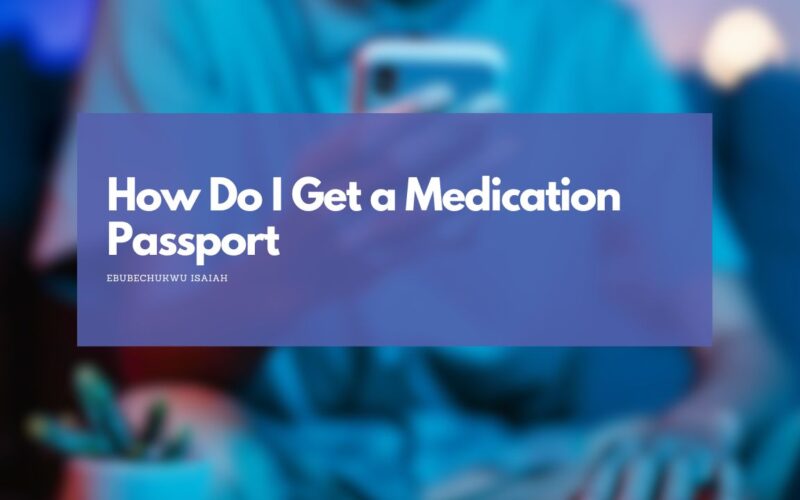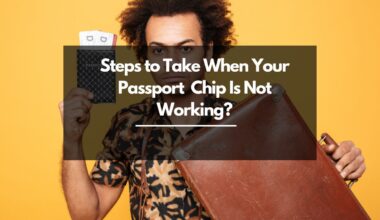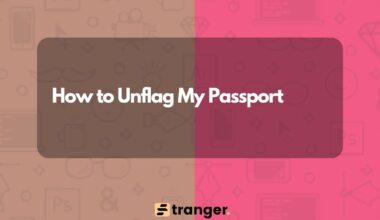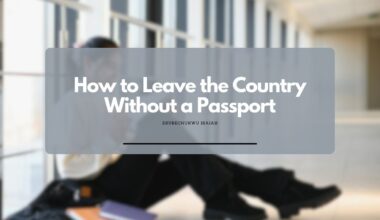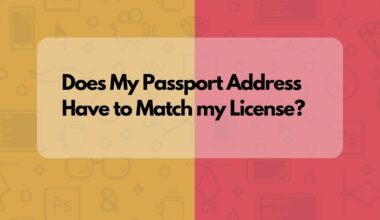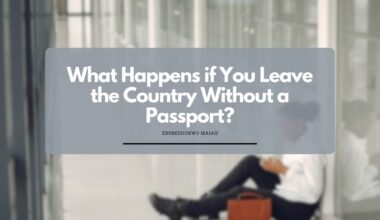As an Amazon Associate, I earn a small commission from qualifying purchases. Learn more about this.
You and I, we both know the stress of keeping track of our medical needs, especially when we’re away from home. What if I told you there’s a way to carry your medical ‘story’ with you wherever you go?
Yes, it’s possible with a medication passport.
If you’re scratching your head and asking ‘How do I get this passport?’ don’t worry, we’re going to talk about this properly in this article.
What exactly is A Medication Passport?
A medication passport, often also called a medical passport, is a document that speaks for you medically when you might struggle to do so yourself.
Especially when you’re abroad and facing language barriers or different healthcare systems. Think of it as a detailed guide about your health that’s easy for anyone to understand, no matter where you are in the world.
Now, what does it include?
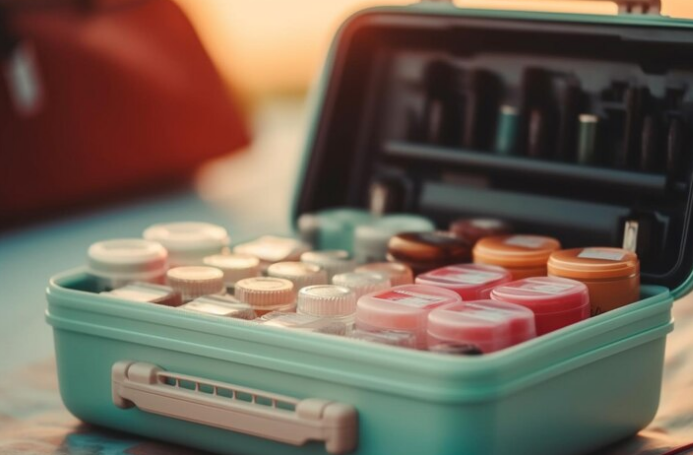
For starters, it lists your personal identification details, like your name, date of birth, and emergency contact.
This part is pretty straightforward, right? But there’s more to it.
The medication passport goes further by detailing your medical condition(s), the generic names of the medications you’re taking, dosages, and the schedules you follow.
Why generic names, you ask?
Well, brand names of medications can change from one country to another, but generic names are universal, making it easier for local doctors or pharmacists to understand what you need.
It doesn’t stop there. The document also includes any allergies you have, particularly drug allergies. Imagine having a severe allergic reaction, and nobody knows why! This information could prevent potential medical crises.
One more thing – and this is important – it contains your vaccination history.
With the kind of global health challenges we face nowadays, having your vaccine records at hand can be crucial for entry into certain countries or for unexpected health checks.
How Do I Get a Medication Passport
Step 1: Doctor’s Appointment
Your journey starts with a visit to your healthcare provider. Why? Because your medication passport needs to be accurate and up-to-date, and who knows your current health status better than your doctor?
When you go, be sure to discuss your travel plans, any vaccinations you might need, and the medications you’re currently taking.
Your doctor will not only help compile your medical information but also validate its authenticity, which is super important when you’re dealing with healthcare professionals abroad.
Step 2: Compiling Your Information

While you’re with your doctor, you’ll need to gather specific information. This includes:
- Personal information: Full name, date of birth, blood type, and emergency contact details.
- A comprehensive list of your medications: Ensure you record the generic names, dosages, and consumption schedule.
- Allergies: List any allergies, especially drug allergies, and the type of reactions you have.
- Vaccination history: Recent vaccines are especially important, given the current global health climate.
- Current health conditions: Especially those that could affect emergency care, like diabetes, heart conditions, or rare diseases.
- Health insurance information: Policy number, coverage details, and contact information for your provider.
Remember, the more thorough you are, the better!
Step 3: Choosing the Right Format
Now, you might be wondering, “Is there a specific booklet or form?” Not always. Medication passports can come in different formats.
Some countries or health systems offer standard booklets or forms. If that’s available, great! If not, don’t worry.
You can create a document that includes all the information listed above. There are also online templates available if you prefer a digital version, which can be very handy in case of loss or damage to paper copies.
Step 4: Validation
Having your healthcare provider’s signature on your medication passport can add a layer of credibility.
It shows that a medical professional has verified the information, which can be vital in emergencies or if there’s any confusion at a pharmacy or hospital abroad.
Step 5: Keep It Accessible
Once you’ve got your medication passport, it’s essential to keep it with you while traveling. Treat it as you would your regular passport.
Having a digital copy stored in your email or on your phone, plus several physical copies, can come in handy. Remember, this passport is as important as your travel documents!
Final Thoughts
See? Not so complicated, right? But so essential.
You wouldn’t drive without a license, so why risk traveling without your medical details?
To wrap this up, let’s keep in mind that our health doesn’t take a vacation when we do.
Getting a medication passport might require a little effort, but trust me, the peace of mind it brings is well worth it.
